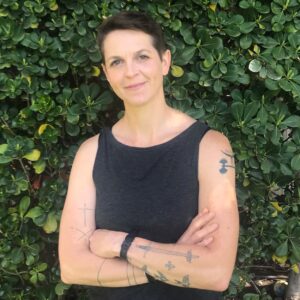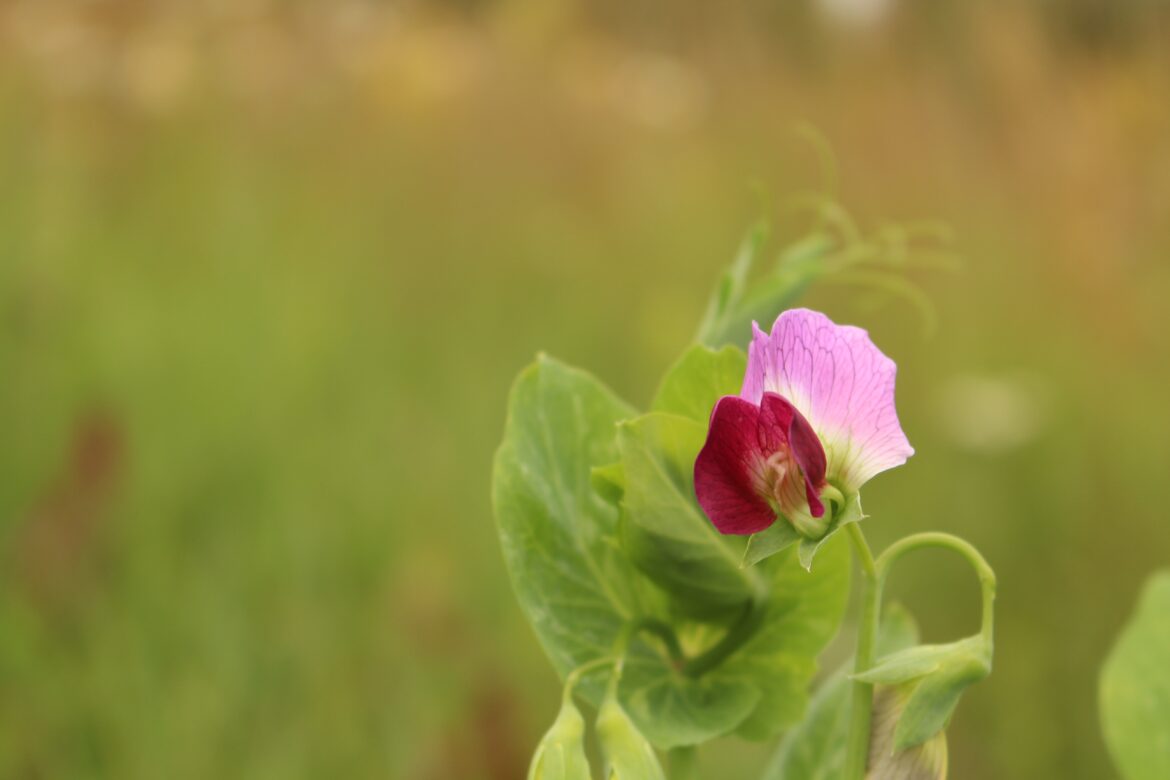How important is biology to relatedness? An NPE ponders the question.*
By Jen Carraher
There are moments in our lives when the coincidences of being a human in an often-discordant world can feel overwhelming. In the early 2000s, as a young graduate student, I examined the (then-new) assisted reproductive technologies and ideas of relatedness: how material (flesh and blood) and information (genes) are used to help define different anthropological kin structures. In short, I somewhat blindly argued that the primacy of the biological part of relatedness could be surmounted through “different” ways of relating to define family. In hindsight, it was complacent to exclude the biological from my anthropological study of family. Little did I know that almost 15 years later my life would collide with these notions, head-on.
In late December 2020, I discovered through an at-home DNA test (gifted to me by one of my kin, nonetheless!) that I share no biological or genetic link with the man who, for 47 years, I believed to be my father. What’s more, the man with whom I do share half of my genetic material—and a remarkable physical likeness—has, for my entire life, been living with his family just miles away from my hometown and from the group of people I have always called my kin.
There’s an idea in anthropology that kinship is a mutuality of being: kin are intrinsic to one another’s identity and existence. The relational nature of kinship, traditionalists argue, lies in the fact that all those who are “related” are connected through the lineage of the mother and the father and, therefore, share traits and qualities that can be traced through these parental origins: biological, cultural, communal, genetic. Such ideas of relatedness, which were once seen as fundamental, came under scrutiny in the 2000s as deterministic. Cultural critics argued kinship as outmoded altogether, particularly in light of assisted reproductive technologies such as invitro fertilization, intrauterine insemination, gamete donation, and surrogacy. Today, however, the centrality of kinship to relatedness has been brought back to life, likely influenced by DNA testing. I’ve wondered lately whether this is because understanding ways of relating has come full-circle and we now recognize that while kinship and relatedness can be all-encompassing, the “intrinsic” nature of biology is still fundamental to a person’s identity? As an adult who inadvertently uncovered her misattributed parentage, I would argue that this is absolutely the case.
It is the nature of our progressive and progressing society to believe that we can surmount such simple notions as biological relatedness. But the fact that social, cultural, and biological ties are intricately woven together into the fabric of our selves is crucial to understanding our essence as human beings. We are social animals, but we are closely tied in both familial and biological ways to those with whom we share our DNA. That’s not to say that other forms of relating are not of equal significance; but when I speak with other NPEs about our fundamental nature, I’m struck by the way in which every single person describes the gap between the familial/cultural/social identity and the biological/genetic self. It is remarkably common, in fact an almost universal sentiment, for NPEs to express a feeling of growing up with a lack of connectedness, a feeling of otherness, a clandestine identity as an outsider looking in … even in the happiest of families.
There’s a misconception that discovering the parent by whom one was raised is not one’s biological parent is simple. The argument goes something like: “The parent who raised you did so because he loved you like his own child, regardless of his relatedness to you.” I don’t know how many times since my DNA discovery I have been faced with the “What’s the big deal?” response. Such fallacies, that one’s relationship to the person who raised you somehow supersedes the absence of the person who made you is a painful mistake I, too, made so many years ago. Because the nature of having a misattributed parent means, by default, the relatedness to the person responsible for our being has been erased, we forever live with the knowledge that the person responsible for our creation may not even be aware of our existence. The psychological effects of that erasure permeate all aspects of a life, even before we understand why.
Obviously, a large part of this feeling of erasure cannot be separated from the fact that the relatedness (or lack thereof) has been kept secret. It’s hard to tease out whether the intrinsic biology of kinship or the underlying secrecy is the culprit for the loss-of-self articulated by so many NPEs. Who we imagine ourselves to be and who were are come into stark contrast when our true biological and genetic roots are revealed and we are brought right back to the traditional idea of kinship: kin are intrinsic to each other’s identity and existence.
The fundamental conundrum of who we are should never be denied by “objective” academic observers or obscured by insensitive assumptions like those I made years ago. We actively seek kinship narratives to define who we are. When the biological understanding and the social construct of the family come in direct opposition to one another, we are forever changed. All of the stories we have told ourselves about who we are, how we were made, where we come from, and who we hope to be are altered forever. There’s a new kinship forged through a knowing that was lost to us long ago. There are stories we have told ourselves that make us who we are, and we have to find new ways of relating, new stories to tell ourselves, as Joan Didion famously wrote, in order to live.
*NPE = not parent expected, or non-paternal event
Jen Carraher lives in the San Francisco Bay Area, where she is an advanced practice nurse in a busy community hospital. She is also a medical sociologist who has worked extensively over the past 20 years in women’s health, assisted reproductive technologies, and the social studies of science. With her sisters and brother, Carraher grew up in northwestern Montana; she uncovered her misattributed parentage in December while helping her mother, who is adopted, find her own biological father. After her DNA discovery, Jen began a podcast entitled Unfinished Truths and hopes to use the stories she is collecting to reimagine kinship through the NPE experience. Connect with her at unfinishedtruths@gmail.com and read her previous work on kinship through ResearchGate.

BEFORE YOU GO…
Look on our home page for more articles about NPEs, adoptees, and genetic genealogy.
- Please leave a comment below and share your thoughts.
- Let us know what you want to see in Severance. Send a message to bkjax@icloud.com.
- Tell us your stories. See guidelines.
- If you’re an NPE, adoptee, or donor conceived person; a sibling of someone in one of these groups; or a helping professional (for example, a therapist or genetic genealogist) you’re welcome to join our private Facebook group.
- Like us on Facebook and follow us on Twitter and Instagram @Severancemag.




